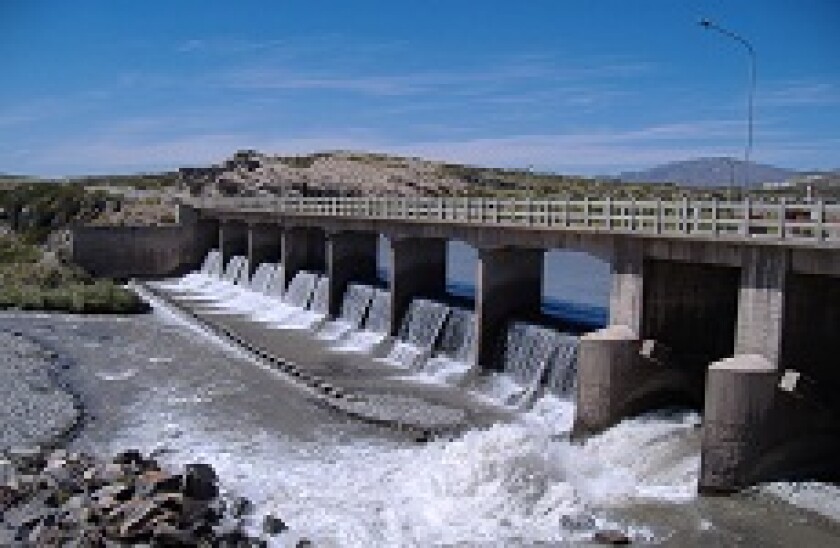With Iran eagerly awaiting an influx of some $100bn of frozen Iranian assets and the US hailing the deal a “good day” for “smart” diplomacy, global investment firms are salivating over opportunities on the Tehran Stock Exchange.
The “lifting” of US and EU sanctions related to global banking drew particular attention.
But don’t expect any ground breaking ceremonies for Tehran-based subsidiaries of the likes of Barclays and BNP Paribas. Nor will the diplomatic victory result in open access to the international capital markets for Iranian corporates and banks.
In fact, the lack of engagement by international banks is likely to be a major, if not the main, drag on Iranian growth.
In terms of the impact on capital markets, and banking generally, the new framework presents several problems that are exacerbated by the lack of clarity from the US Treasury’s financial and asset control office (OFAC).
The US has lifted only ‘secondary sanctions’ which related to non-US persons and entities. ‘Primary sanctions’, which prevent US persons and entities from engaging with Iranian businesses, have been left in place.
This immediately wipes out the possibility of US-led operations from the likes of Goldman Sachs and Bank of America Merrill Lynch. It also means no transactions in dollars, limiting Iranian companies who wish to raise money in the international markets to a much smaller investor base in, say, euros or Asian currencies.
So far so bad for US banks, so far so good for European banks? This is not the case either. OFAC has been what one capital markets lawyer called ‘deliberately vague’ about the exact delineation between US and non-US entities.
Technically, a subsidiary of a US bank based outside of the US could do business with Iran. But the transaction must not benefit the US parent in any way.
And the notion that subsidiaries can operate without benefit to the parent is a complicated one. The benefit may relate to shared group functions, or supply arrangements, or dividends to a shareholder.
Far more clarity is needed before a non-US subsidiary would risk the reputational or financial damage to its parent. Sanctions are administratively complicated and expensive to navigate.
The US sanctions also prohibit even firms not bound by US sanctions from using ones that are, in order to facilitate activities with Iran — a snag EU firms have been caught by in the past. That means EU firms can’t use US banks or subsidiaries to get access to Iran.
Dutch oil-services firm Schlumberger, which has an office in the US, was fined in March last year for asking the US office for approval to do business with Iran. Merely going to the US office to get it was deemed a breach of sanctions.
“EU banks are particularly nervous of this,” according to Roger Matthews, a senior lawyer in the International Trade team at Dechert in London.
“While EU banks can do business with Iran, subject to certain remaining restrictions imposed by the EU, US sanctions have been (and remain) very wide reaching, such that EU banks have often found that activity which was legitimate under EU law and which had only a remote US connection was nonetheless caught by US sanctions; and this will remain a concern.”
The financial and reputational burden of a mistake is more of a concern to banks than the financial gain to be had by accessing the Iranian economy.
Compliance officers have long memories and the wounds sustained by a, say, $9bn fine for a breach of sanctions against Iran, Sudan and Cuba will long stay open.
According to Matthews, these fines have all been for breaches of US primary sanctions, which are still in place.
So for Iran and international diplomacy, it’s all good news. But anyone predicting an explosion in international Iranian capital markets is way off the mark.

